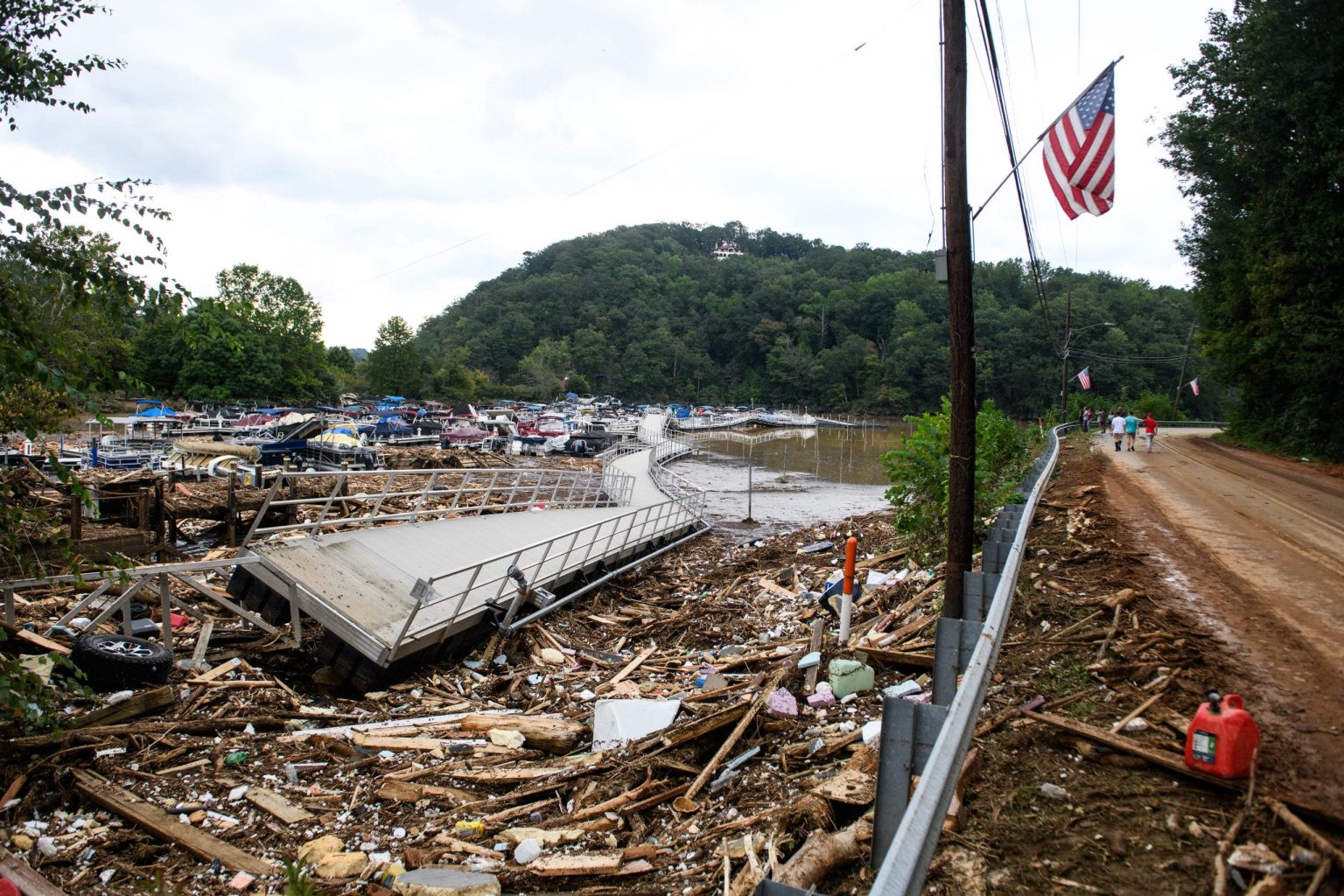A former University of Kentucky staffer, Betsy Packard, sparked controversy when she suggested on social media that Hurricane Helene was a punishment from God on red states and Trump supporters. Packard, who claimed to be a writer of feminist revisionist poetry, made the comments after the hurricane caused widespread devastation in the southeast, with a death toll surpassing 100 as of Monday. Despite receiving backlash for her remarks, Packard appeared to double down and argue with her detractors online, stating that MAGAs were hypocrites who deserved the punishment handed down by God.
After being made aware of Packard’s posts, the University of Kentucky issued a statement condemning her remarks, calling them “abhorrent” and not reflective of the institution’s values. Although Packard served as a teaching assistant at the university several years ago, it was clarified that she was no longer an employee at the school. The university reported the situation to the appropriate offices on campus that review questions around conduct and expressed support for those impacted by the devastating storms caused by Hurricane Helene.
Packard continued to engage with users online, eventually attempting to clarify her previous posts by stating that she was posing a hypothetical scenario and did not actually believe that the storm was a divine punishment on Trump supporters. She referenced Marjorie Taylor Greene and Michelle Bachmann attributing disasters to divine punishment and pointed out that while some people do believe in this concept, she did not necessarily share that belief. Her name and image were reportedly featured on the UK College of Arts and Sciences website, indicating that she was an MFA candidate and graduate instructor, but the page has since been taken down.
The controversy surrounding Packard’s comments highlights the polarized nature of political discourse in the United States, particularly in the aftermath of natural disasters. Packard’s initial post on social media calling into question whether God was punishing Trump supporters for their alleged hate and hypocrisy sparked a heated debate that drew attention to the intersection of religion, politics, and climate-related events. The University of Kentucky’s swift response in condemning Packard’s remarks illustrates the importance of upholding institutional values and providing support for those impacted by natural disasters.
In the wake of Hurricane Helene, which caused extensive damage and loss of life in the southeast, discussions around climate change, divine intervention, and political divisions have been brought to the forefront. Packard’s controversial comments, while sparking outrage and condemnation, also shed light on the complexities of interpreting the impact of natural disasters and the role of personal beliefs and biases in shaping individual responses. The incident serves as a reminder of the need for thoughtful and respectful dialogue in times of crisis and the importance of examining the underlying factors that contribute to social and political tensions in the face of adversity.


